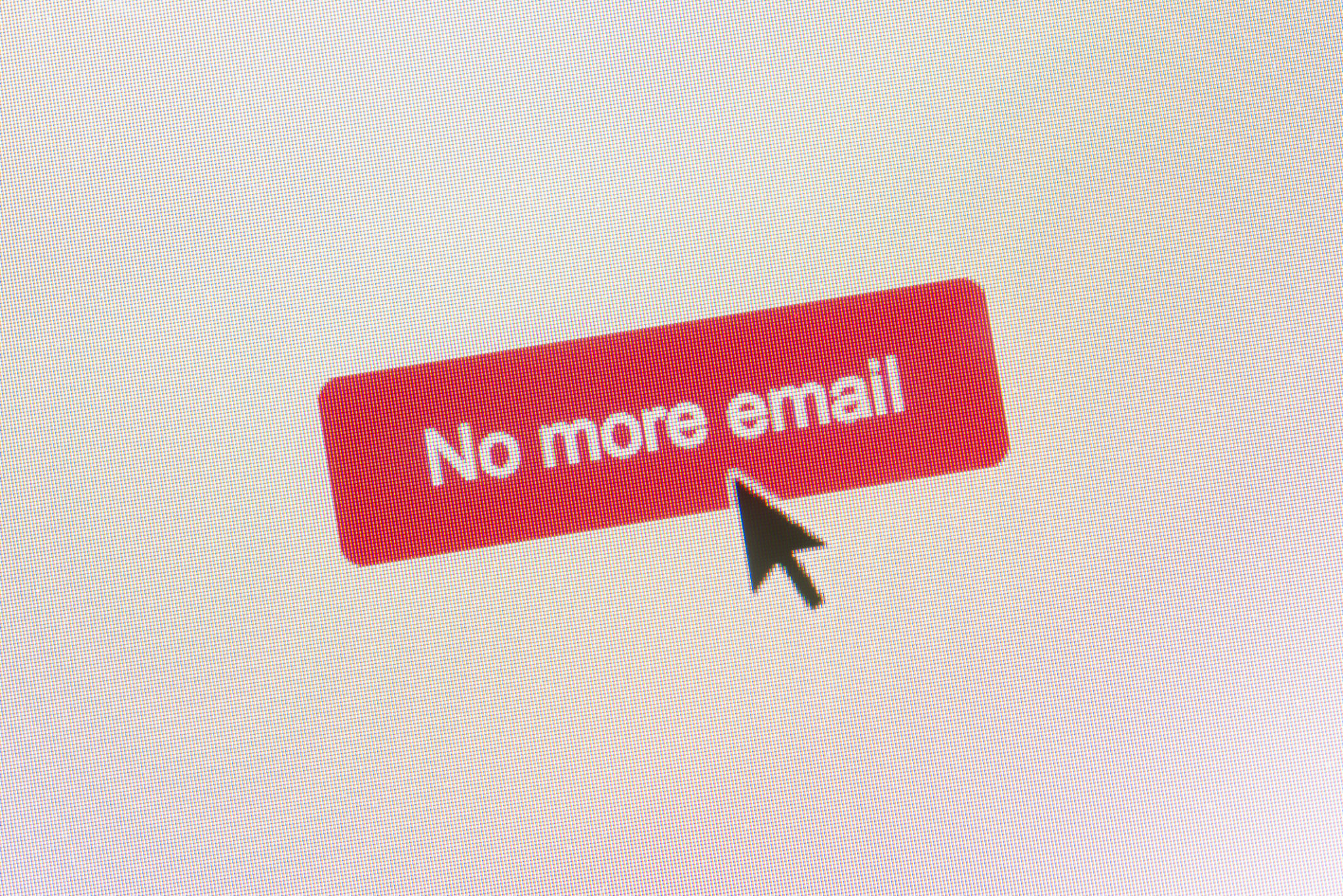Expert Tips for Effective Email Management
Understanding Email Overload
In today's digital age, email has become an essential tool for communication. However, the constant influx of messages can lead to overwhelming inboxes and decreased productivity. Managing emails effectively is crucial to maintaining a balanced workflow and ensuring important communications are not missed.

Prioritize Your Emails
One of the first steps in effective email management is learning to prioritize your messages. Start by categorizing emails based on urgency and importance. Use tags or folders to differentiate between tasks that require immediate attention and those that can wait. This simple step can help you focus on what truly matters without getting sidetracked by less critical emails.
Set Specific Times for Checking Email
Constantly checking your inbox can disrupt your workflow and decrease productivity. Instead, set specific times during the day dedicated to managing emails. For example, you might choose to check your email first thing in the morning, after lunch, and before the end of your workday. This approach helps minimize distractions and allows you to concentrate on other tasks.

Utilize Email Features Effectively
Email platforms offer a range of features designed to improve efficiency. Take advantage of tools like filters, automatic replies, and email templates. Filters can automatically sort incoming messages into designated folders, while templates can save time when composing repetitive responses. These features streamline your email process and help keep your inbox organized.
Unsubscribe from Unnecessary Newsletters
Promotional emails and newsletters can quickly clutter your inbox. Regularly review these subscriptions and unsubscribe from any that no longer provide value or interest. This practice not only reduces email volume but also ensures that the messages you receive are relevant and meaningful.

Implement the "Two-Minute Rule"
The "Two-Minute Rule," popularized by productivity expert David Allen, suggests that if an email can be responded to in two minutes or less, it should be addressed immediately. This rule prevents small tasks from piling up and becoming overwhelming. By quickly handling simple emails, you free up time for more complex tasks.
Archive or Delete Old Emails
Keeping old emails can lead to a cluttered inbox and make it difficult to find important messages. Regularly archive or delete emails that are no longer needed. Utilize search functions to locate specific emails quickly, ensuring your inbox remains tidy and efficient.
Conclusion
Effective email management is essential for maintaining productivity and reducing stress in our fast-paced digital world. By prioritizing emails, setting specific times for checking your inbox, utilizing email features, and keeping your inbox organized, you can master the art of email management. These strategies will not only improve your workflow but also enhance your overall communication skills.